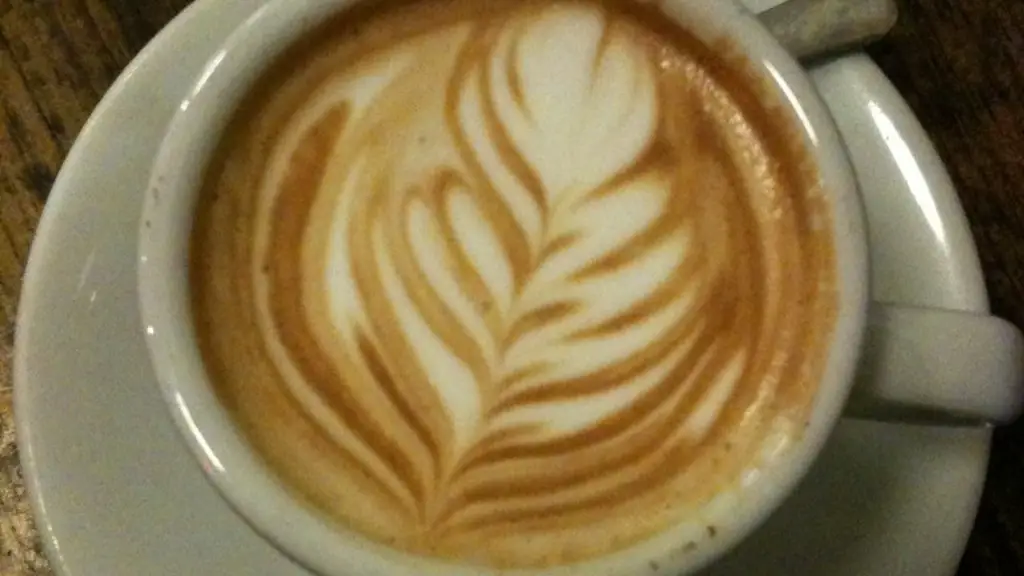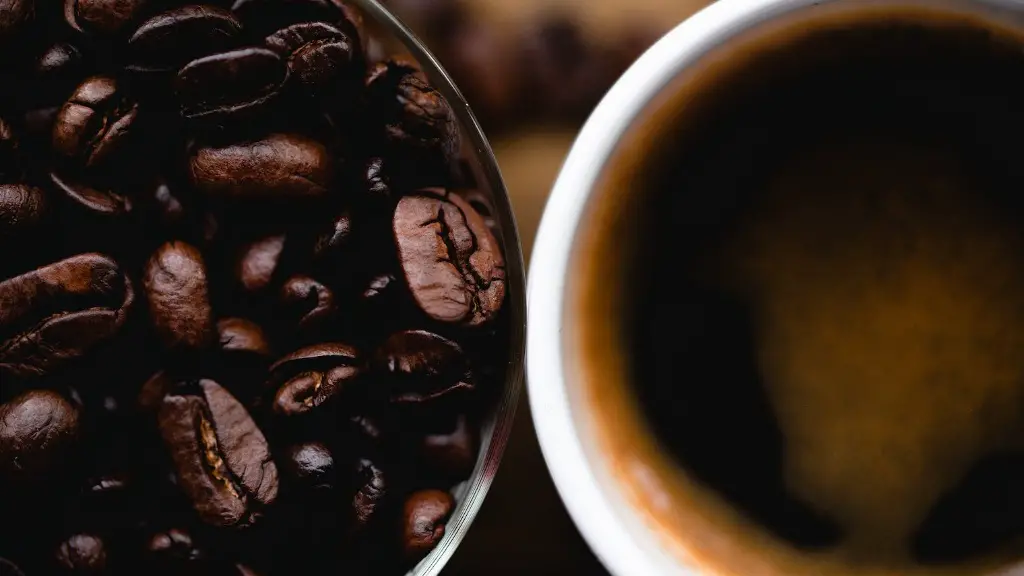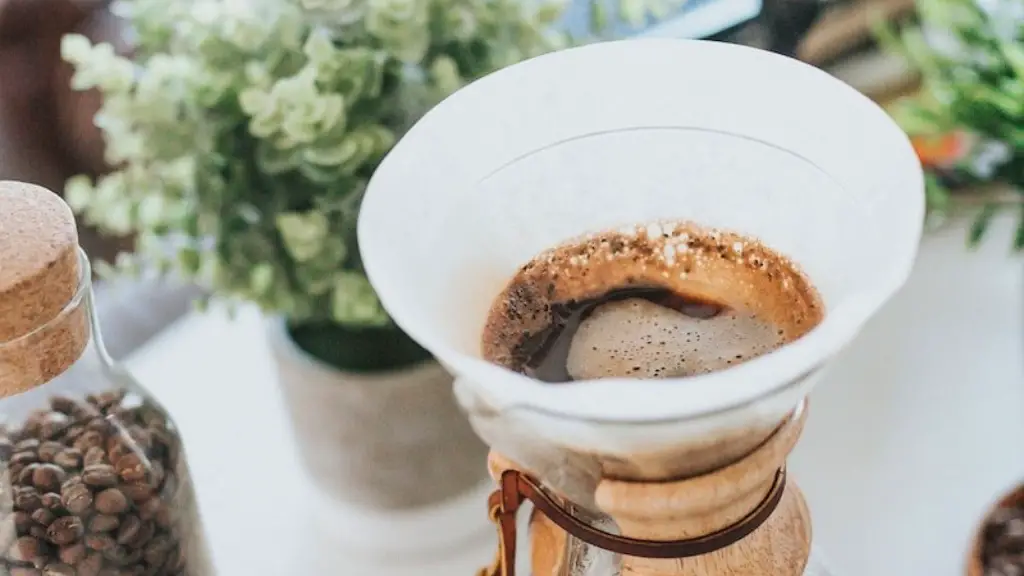Coffee beans are the seed of the coffee plant and can be eaten whole. They have a nutty flavor and can be roasted to create a variety of coffee flavors. Coffee beans contain caffeine, a natural stimulant that can provide a boost of energy.
Yes, you can eat coffee beans.
How many coffee beans can I eat?
Assuming you are not pregnant or sensitive to caffeine, you can safely eat 20-30 coffee beans per day. This is equivalent to drinking one regular 8 oz cup of coffee.
Caffeine is absorbed more quickly when it is chewed, as opposed to being ingested in other ways. This is because the caffeine comes into direct contact with the mucous membranes in the mouth, which allows it to be absorbed more quickly into the bloodstream. However, this also means that the effects of caffeine will wear off more quickly.
Why do people eat coffee beans
The coffee bean has been a source of snacks for people for a very long time. The beans were often mixed with animal fats to create a nutritious and filling snack that would give people an extra boost of energy. This combination was often consumed as a way to stave off hunger or to help people stay awake during long hours of work.
Many coffee beans that are on the market for eating are espresso beans, meaning they have been roasted for a longer period of time. This makes them less bitter and more palatable for people who want to eat them. However, green coffee beans are also edible, though they may not be as tasty on their own.
Can coffee beans help lose weight?
Coffee beans contain compounds known as chlorogenic acids. Some believe these compounds have antioxidant effects, help lower blood pressure, and help you lose weight. Roasting coffee reduces chlorogenic acid content. This is why drinking coffee isn’t thought to have the same weight loss effects as the unroasted beans.
Coffee beans are a great way to get a quick caffeine and antioxidant boost. On average, eight coffee beans have the same amount of caffeine as one espresso. However, your body will absorb the caffeine more quickly from coffee beans, so be careful if you are sensitive to caffeine.
Have you ever eaten a raw coffee bean?
Raw, or green, coffee beans are highly acidic. They are said to have a “grassy” or “woody” flavor. They are much harder than roasted beans, making them difficult to chew.
You may get some caffeine from eating coffee beans, but most of it is released during the brewing process. So, go for it, you just may find you like them.
Are coffee beans tasty
The light roast coffee beans have a bright and fruity taste, while the dark roast coffee beans have a rich and sweet flavour. Both are great choices for a delicious cup of coffee.
Coffee has been shown to be beneficial for people who work out regularly. Researchers believe that the caffeine in coffee helps to blunt the pain associated with anaerobic training, making it easier for people to push beyond their previous bests. Coffee also helps to improve recovery from intense training by helping to fight the free radicals generated during exercise.
Can you eat raw coffee berries?
It is perfectly safe to eat raw coffee cherries, as they are simply a type of fruit. There is no need to worry about them being harmful in any way. Enjoy them as you would any other fruit!
One can find caffeine, beneficial antioxidants, and dietary fibre in coffee grounds. All of these are healthy and safe to eat.
Does eating espresso beans give you energy
If you are looking for a tasty treat that will give you a little extra energy, Dilettante’s Chocolate-Covered Espresso Beans are a great choice. However, it is important to keep in mind that these beans are caffeinated, so it is best to enjoy them in moderation.
Beans are rich in soluble fibre, which helps fight inflammation and reduce belly fat accumulation. Some studies have linked the consumption of beans to a reduced risk of obesity. Beans are a healthy and nutritious food that can help you lose weight and keep it off.
Can coffee reduce belly fat?
This is an interesting finding and warrants further exploration. However, it is worth noting that this study was conducted on a relatively small sample size. Therefore, additional studies with larger sample sizes are needed to confirm these findings.
Caffeine is a naturally occurring stimulant found in coffee beans. Depending on the type of coffee bean used, a single coffee bean can contain anywhere from 6 to 22 milligrams of caffeine. Caffeine is what gives coffee its characteristic energizing effect.
How many espresso beans can I eat
If you’re looking for a little boost of energy, eleven espresso beans is the perfect amount. This amount of caffeine is slightly more than a cup of coffee, but it will keep you energized for hours.
There are many different types of coffee beans in the world, but some are definitely better than others. Tanzania peaberry coffee, Hawaii Kona coffee, Nicaraguan coffee, Sumatra Mandheling coffee, Sulawesi Toraja coffee, Mocha Java coffee, and Ethiopian Harrar coffee are all considered to be some of the best tasting coffee beans around. If you’re looking for a delicious cup of coffee, you can’t go wrong with any of these options!
Final Words
Yes, you can eat coffee beans.
Yes, you can eat coffee beans. In fact, coffee beans are a great source of antioxidants and can help boost your metabolism.





